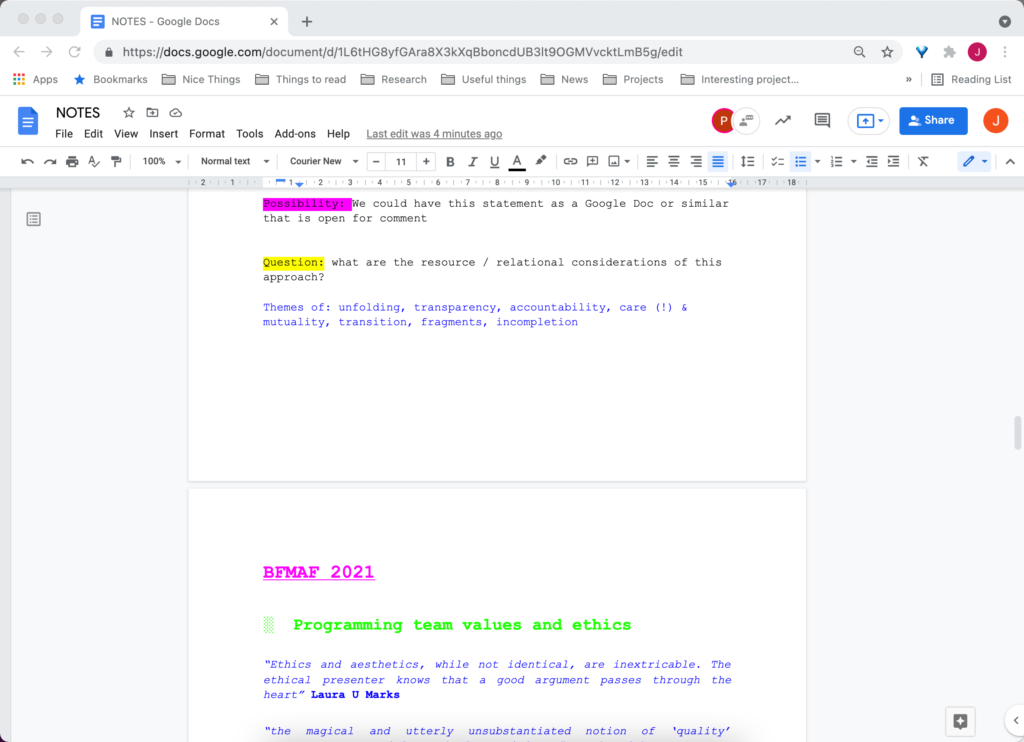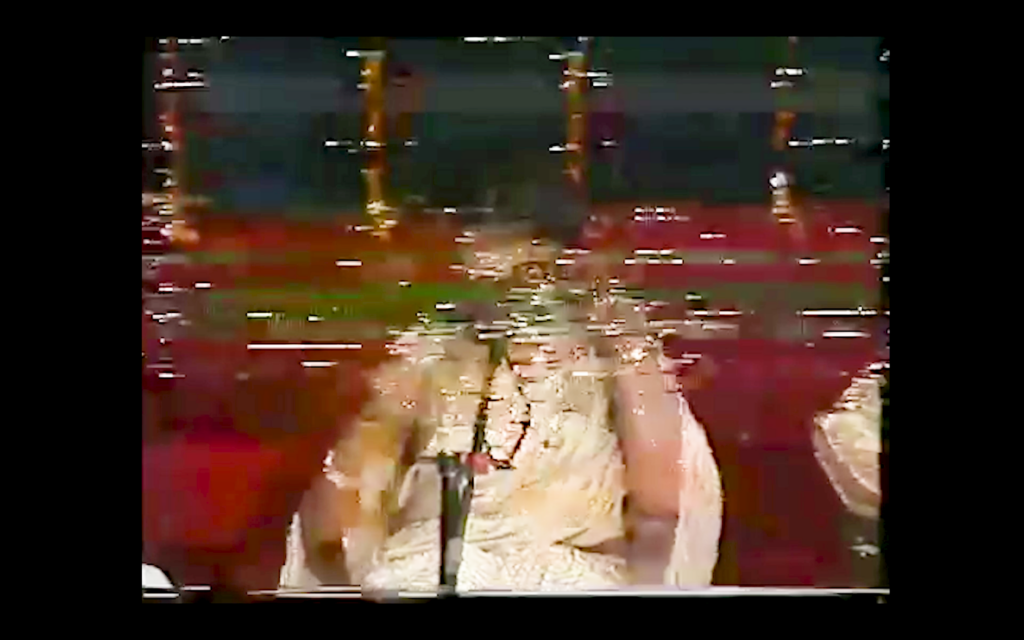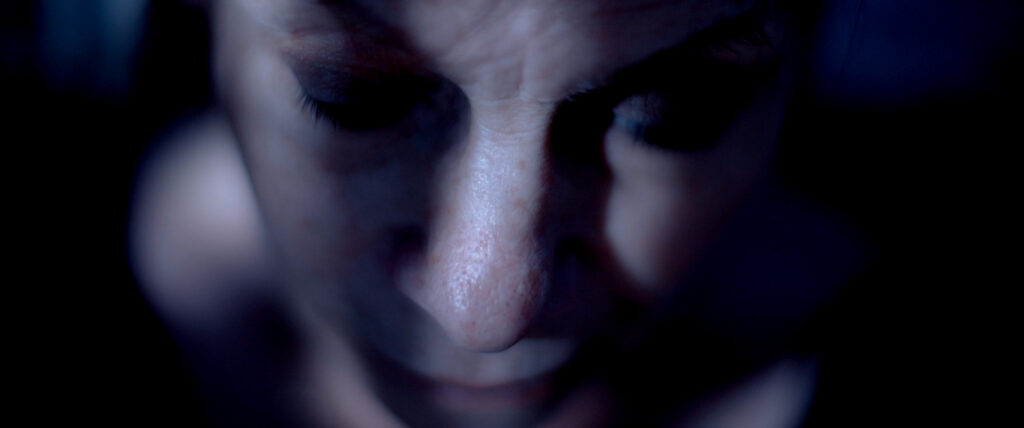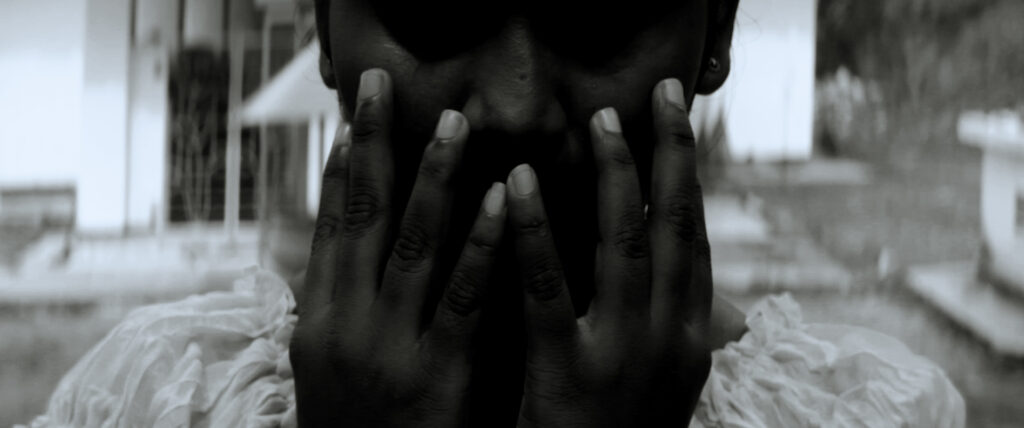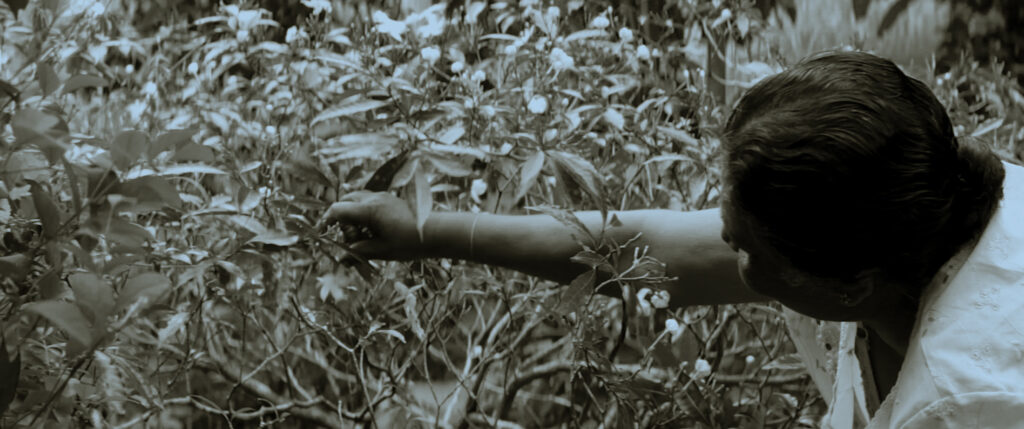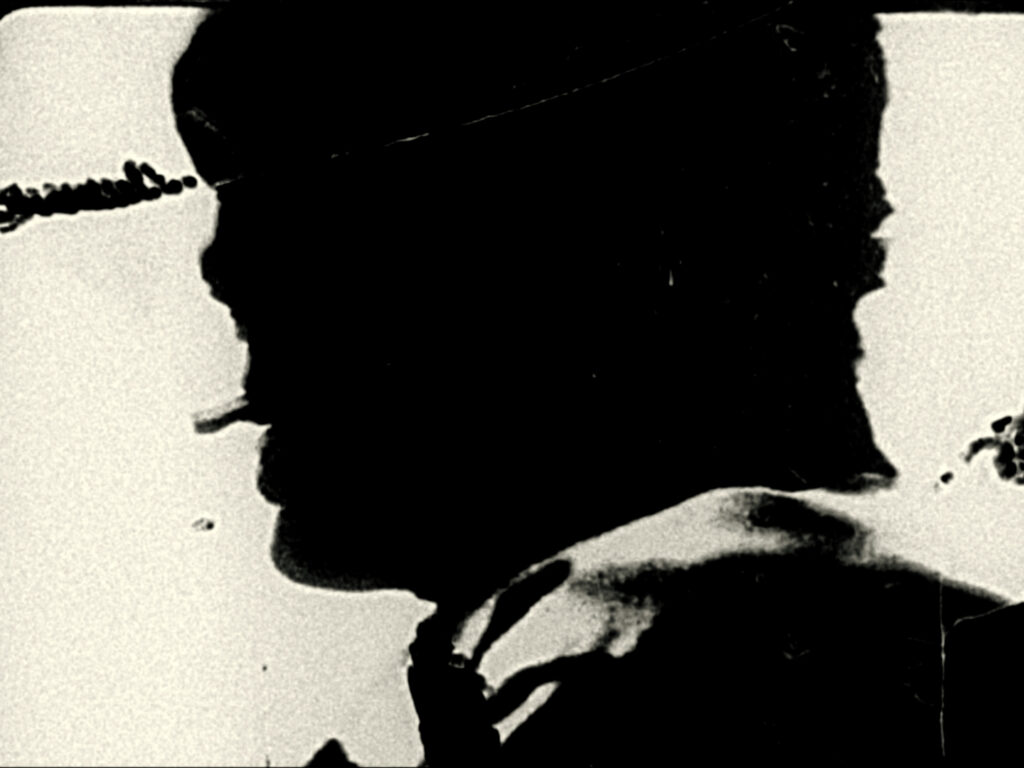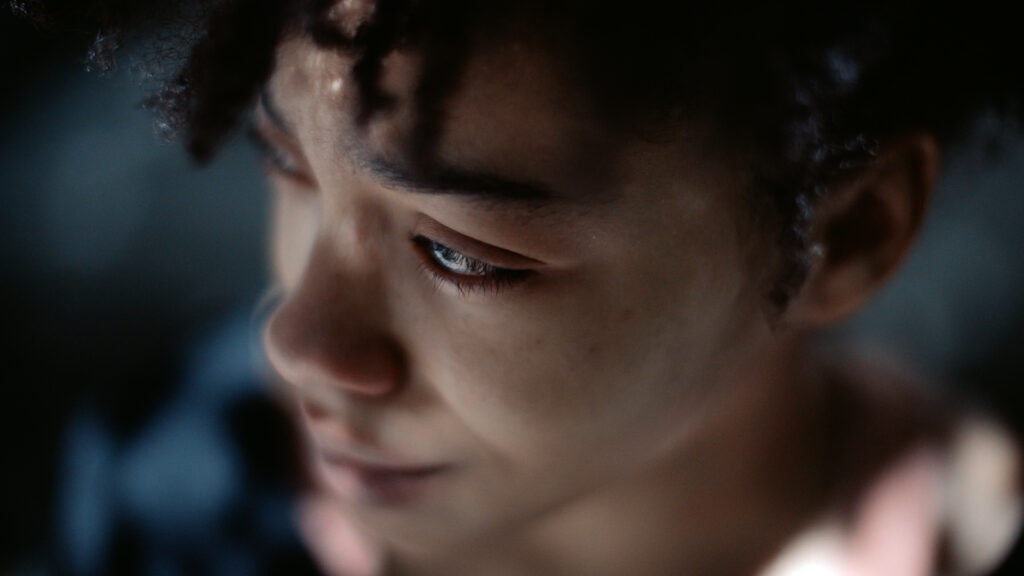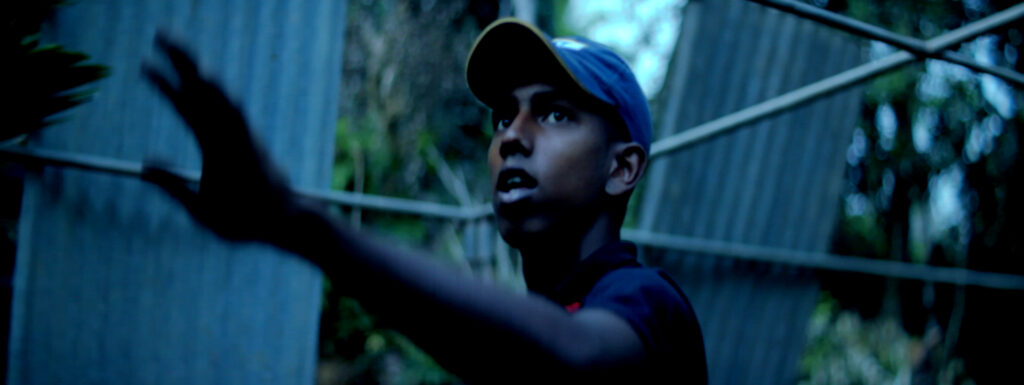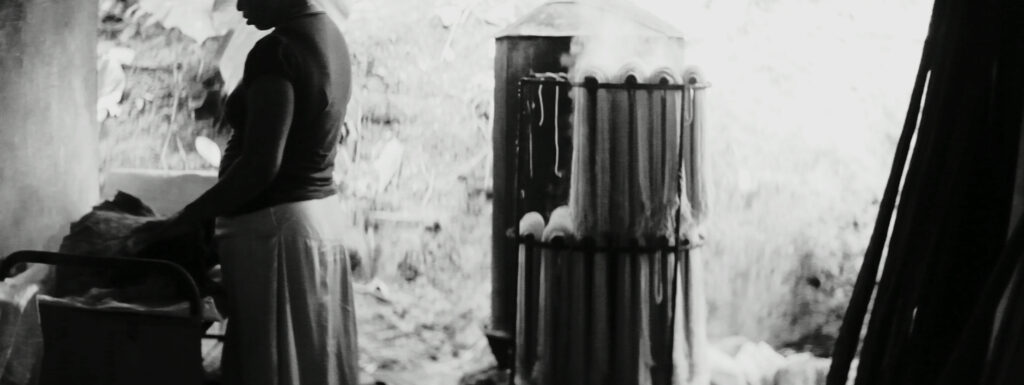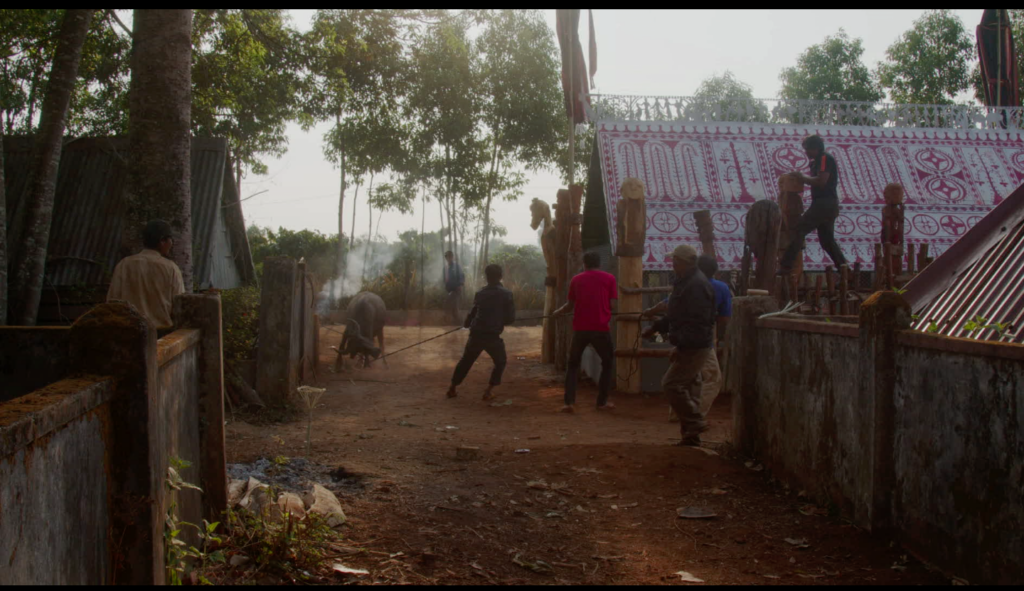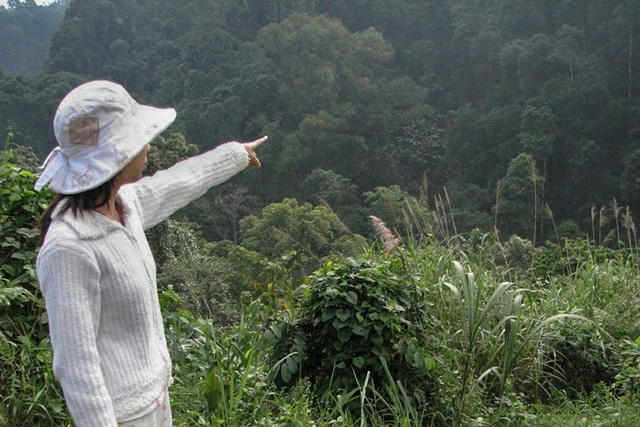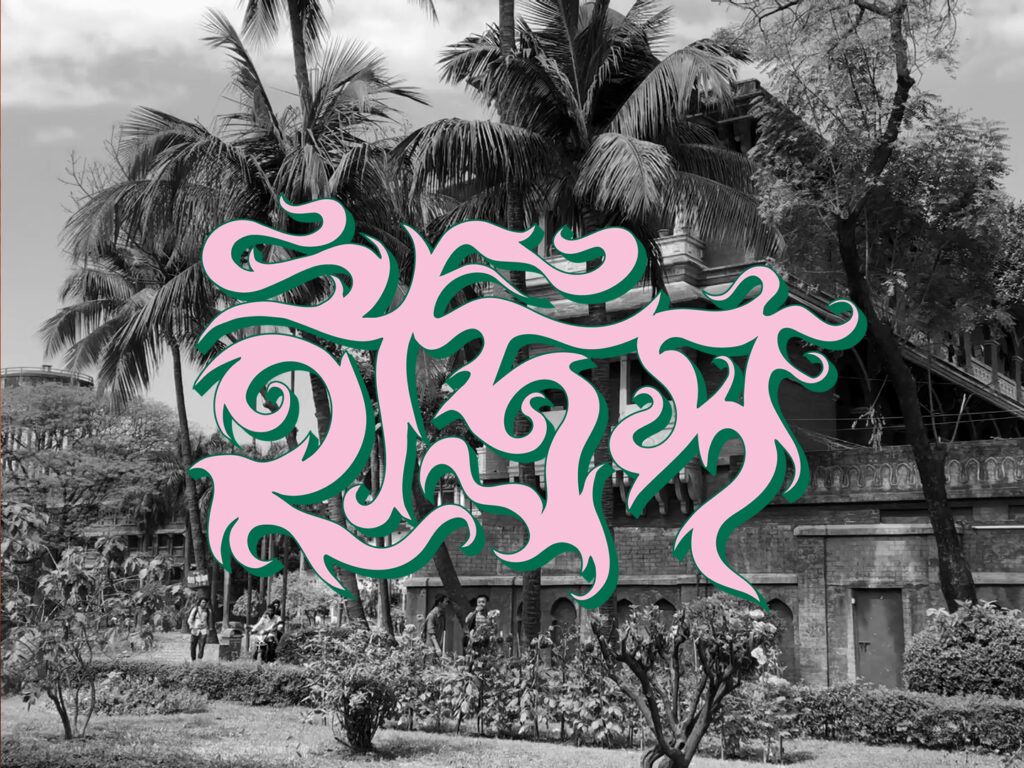Made between three locations, artist and filmmaker Sharlene Bamboat’s latest work is assembled through a call and response exchange of sound, text and image. Interested in the framework of voice, vibration, time, sound and language that quantum physics explores, Bamboat’s new film emerges from an exchange of theoretical entanglements but is practiced and rendered through bodily ones.
Rajee Samarasinghe’s body of work tackles contemporary sociopolitical conditions in Sri Lanka through the scope of his own identity and the deconstruction of ethnographic practices. BFMAF 2021 presents a series of Samarasinghe’s 12 short films shot over a decade—an archive of images navigating the terrain of migration, memory, and impermanence.
In Tim Leyendekker’s debut feature film, victims, perpetrators and their observers offer entangled viewpoints on the 2007 Groningen HIV case in the Netherlands. In this case, three men hosting sex parties drugged others and injected them with their own HIV-infected blood. Feast explores the uneasy complexities, motivations, assumptions and projections of those involved and those watching: the media, the diagnosing professionals, and us, the viewers.
This screening will be accompanied with an in person conversation with Tim Leyendekker and will take place at The Maltings in Berwick-upon-Tweed.
Nguyễn Trinh Thi is one of Vietnam’s leading contemporary artists. Her moving image work engages with the ways in which memory, history and representation are part of broader structures of power, the legacies of colonialism and war, and the erasure of indigenous Vietnamese cultures.
Nguyễn Trinh Thi’s Focus Programmes are supported by CREAM, University of Westminster and Centre for Screen Cultures at the University of St Andrew
The Festival opens with the world premiere of Idrish (ইদ্রিস) by Adam Lewis Jacob (UK, Bangladesh, 2021).
Idrish acts as an urgent and potent piece of anti-deportation activism. With reports of deportation flights regularly in the news, the film is rich with resonance to our current moment. In one striking sequence, footage of a protest march gives way to staccato editing and propulsive sound design by Claude Nouk, who re-uses and manipulates archival sounds to transform the film into a powerful rallying cry. Radically reanimating the documentary form, Jacob enlivens the archive to tell a vital history.



